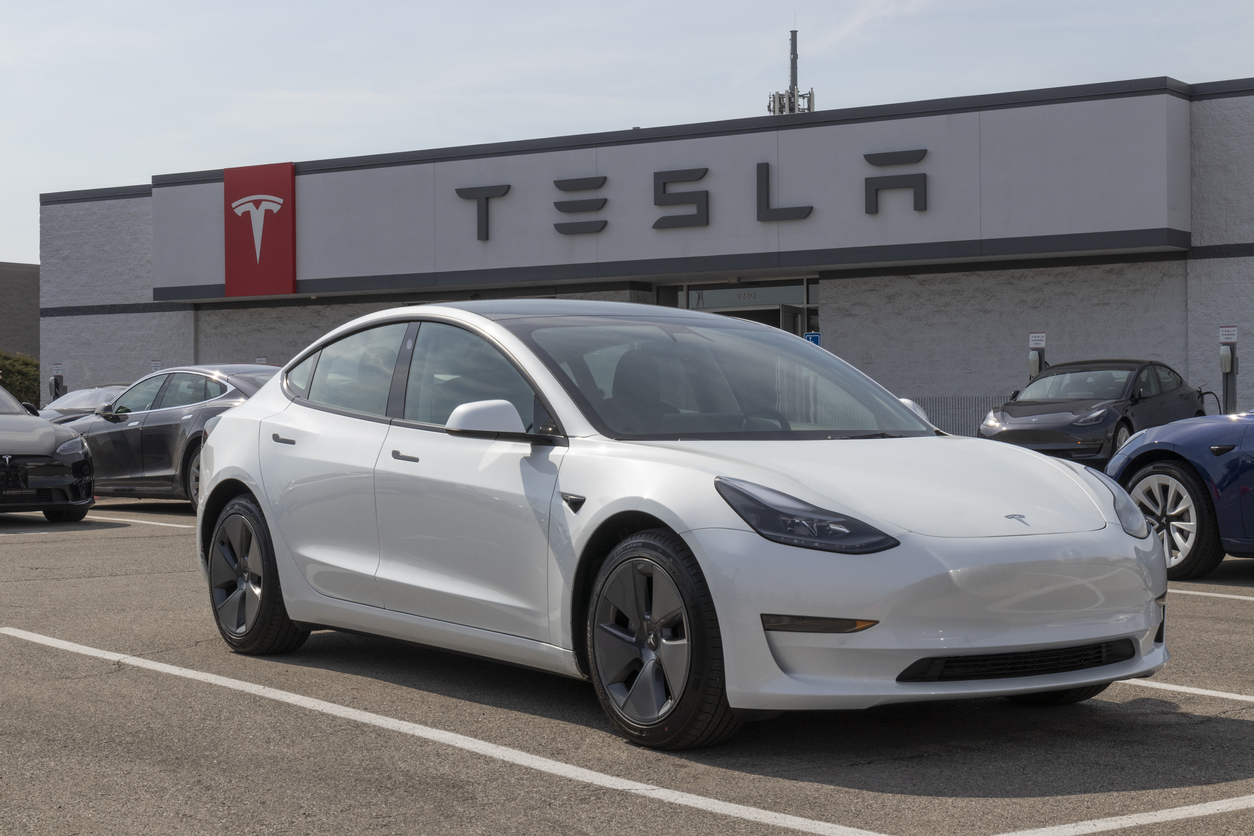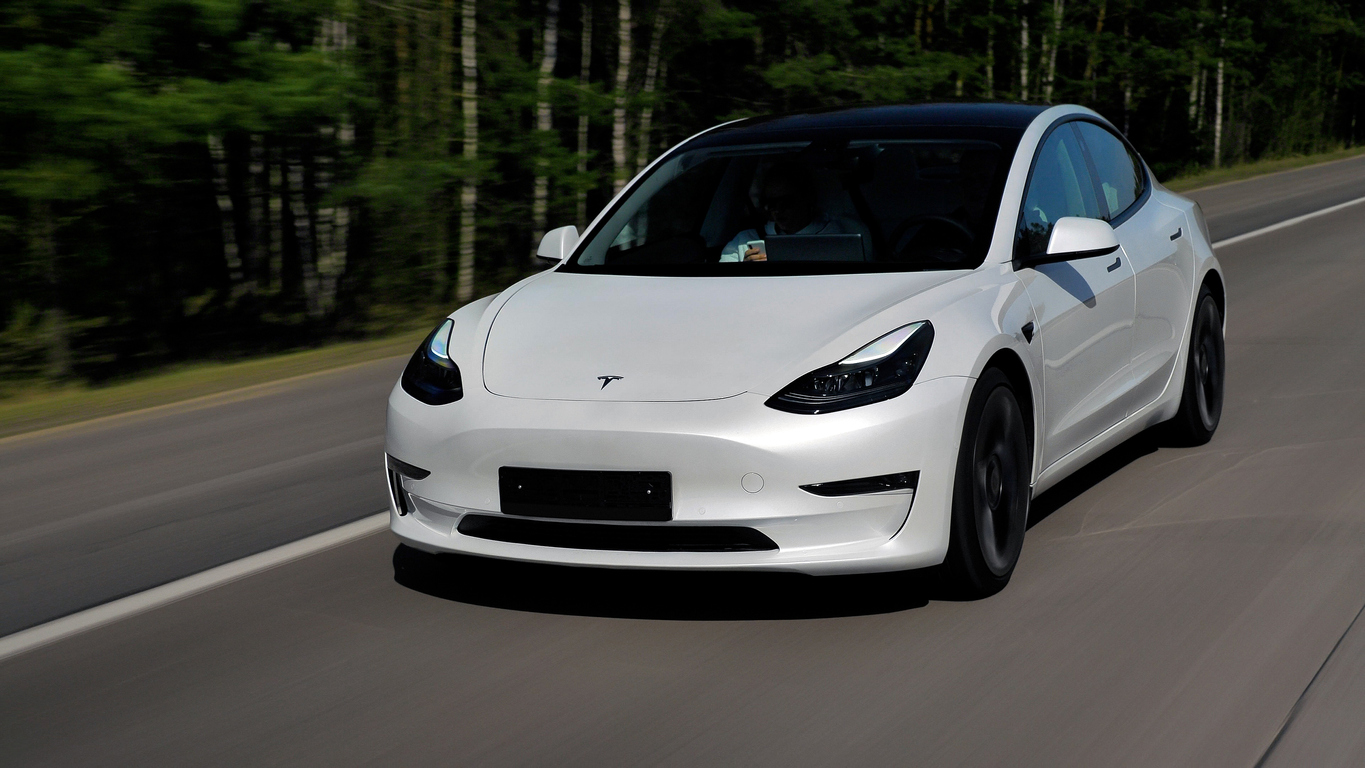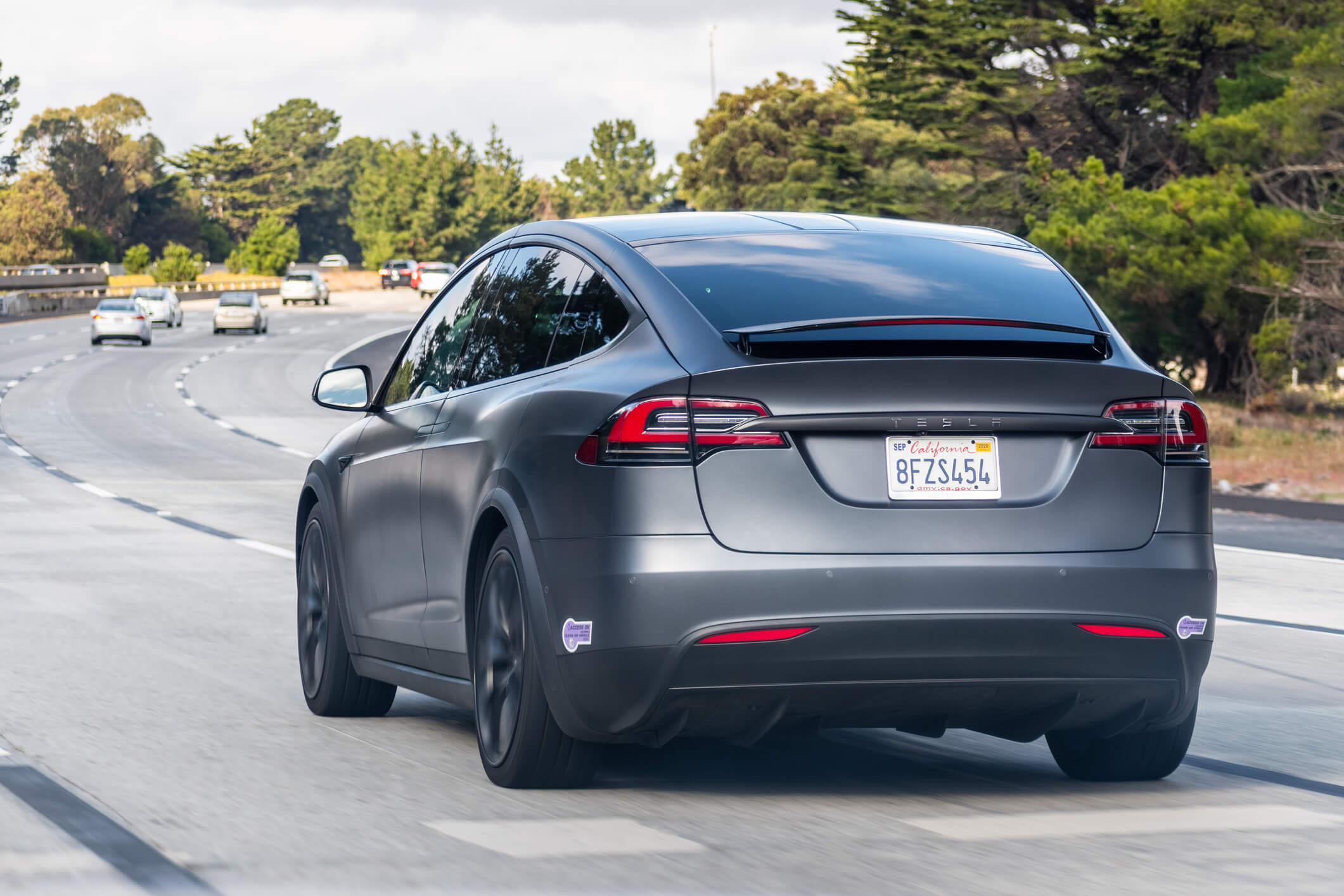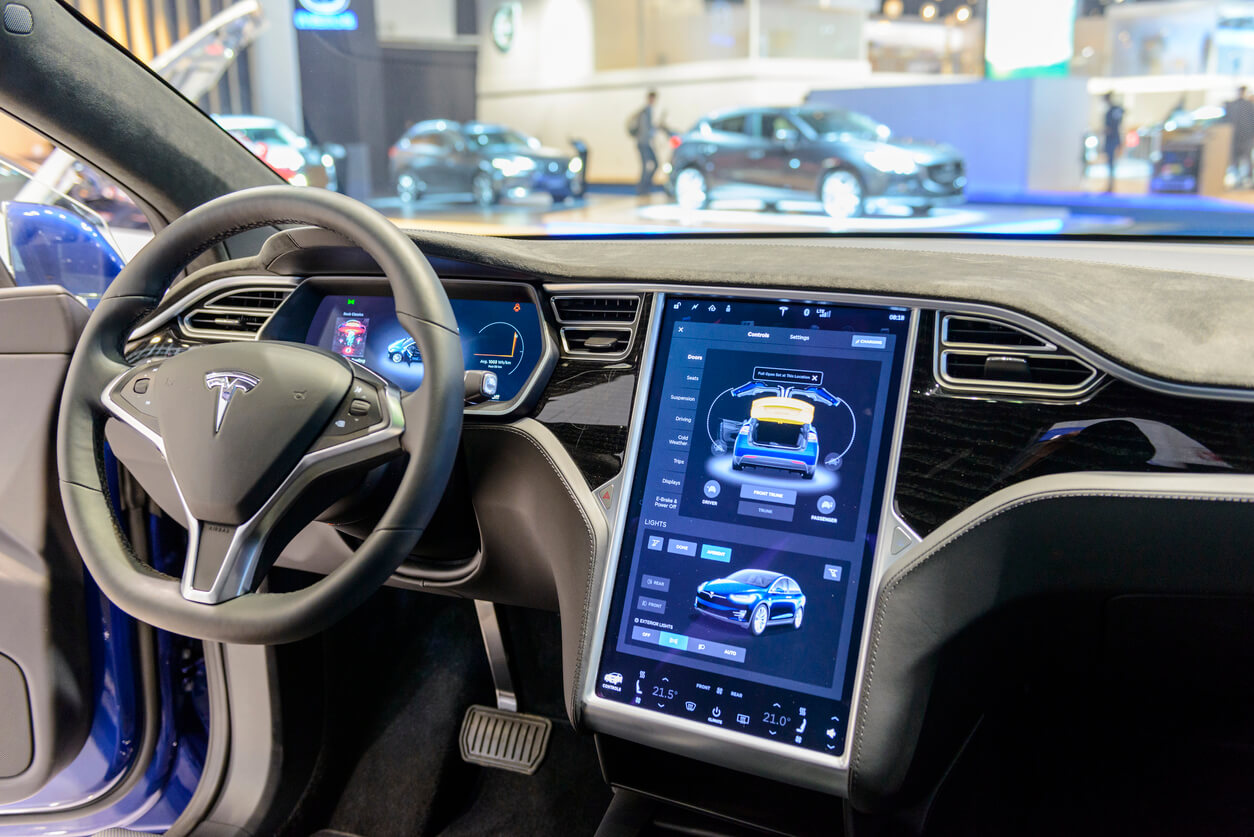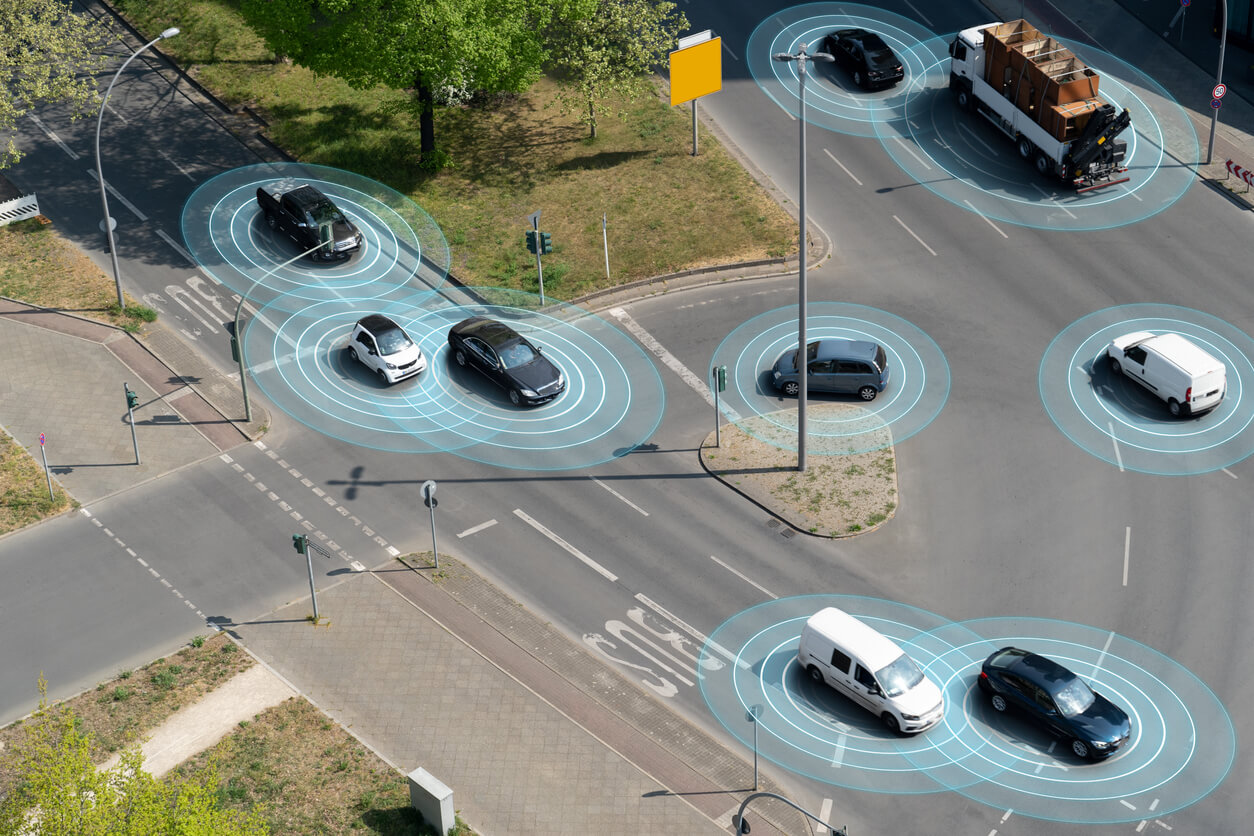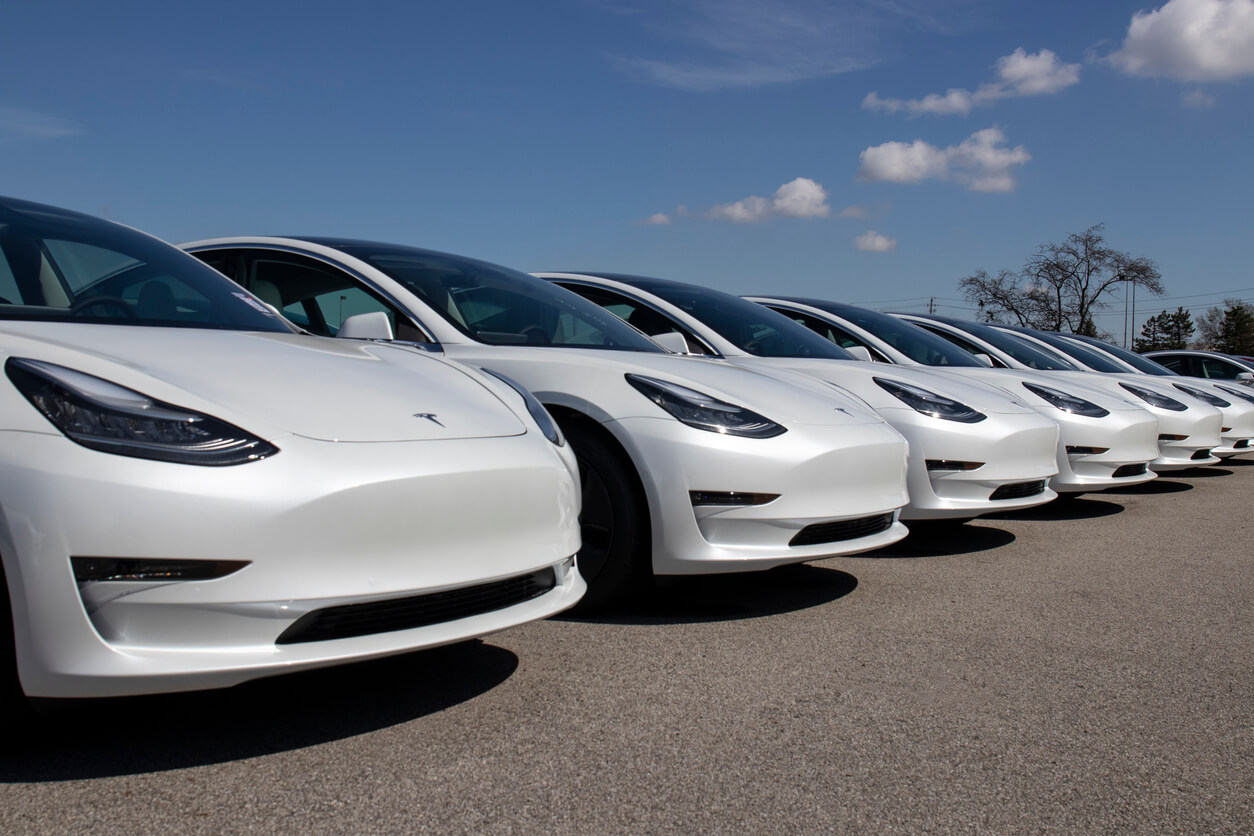The Elon Musk-backed Automaker has announced a recall after its latest vehicle, the Cybertruck is at risk of uncontrolled acceleration.
History Behind The Recall
After discovering a fault with the accelerator pedal, the US Automaker has voluntarily recalled Cybertruck models. Most recalls for Tesla have involved just a widespread over-the-air software update to fix, but the latest recall affects an issue with a physical part, the accelerator pedal.
Various online reports from owners have shown the accelerator pedal cover can become loose. This means the metal cover could get stuck in the driver’s footwell and cause the accelerator pedal to fully engage, increasing the risk of a crash if not handled properly.
Fortunately, when pressing the brake pedal, this overrides the accelerator pedal. But when the brakes disengage, the Cybertruck is at risk of continuously accelerating at full throttle and could result in a crash, or at least a scary driving experience.
Which Models Are Affected?
Cybertruck models built after November 13, 2023, are affected by this accelerator pedal defect and will need to be recalled. So far, 3,878 have been part of this recall and Tesla has announced a stop-sale until the problem is fixed.
According to reports, the issue began after an “unapproved” change to the production process which involved residual soap being added during assembly. This meant the accelerator pedal retention was not suitable enough to hold the pedal cover in place.
Now, Cybertrucks from the factory are installed with a new accelerator pedal component. Those already built but not delivered to customers will also receive the fix before the customer takes delivery to help prevent any further issues.
What Owners Need to Do Next
Tesla has announced in a recall bulletin, that the fix will involve drilling a hole in the pedal and installing a rivet to properly secure the pedal and cover. The Musk-owned platform, X, shows a video of a technician with a drill and jig to safely drill a hole in the correct place and afterward installing a rivet using a rivet gun. This video and 15-step process is claimed to take under a minute and aims to fix the issue.
How Owners Can Take Back Control
While recalls have been communicated to owners, many continue to be unhappy with the solutions provided by automakers. These problems have the potential to escalate into further legal action, just like this – underlining the importance of protecting consumer rights.
If you struggle with vehicle troubles and feel cornered against big vehicle brands, remember it is always better to have experts with you. With extensive experience and successful cases at hand, The Lemon Firm is your best bet. With the dedicated team members always at your disposal, the package becomes too good to be true. So, if your car is giving you a headache, don’t hesitate to reach out!


